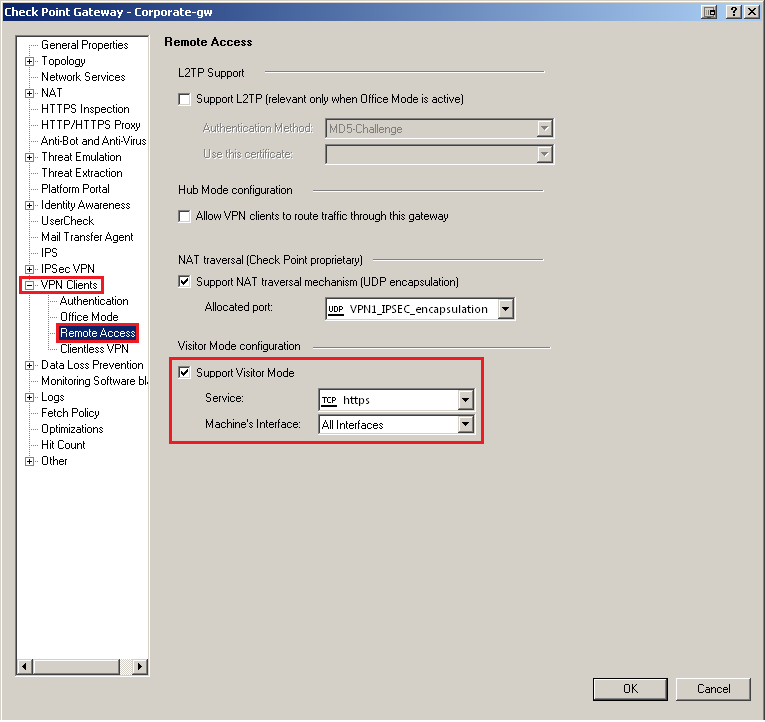

An attacker could route a connection to a remote server through the OpenVPN server, enabling them to scan and access data from other Teltonika devices connected to the VPN.Īn issue in the helper tool of Mailbutler GmbH Shimo VPN Client for macOS v5.0.4 allows attackers to bypass authentication via PID re-use. The OpenVPN server also allows users to route through it. It connects new devices in a manner that allows the new device to communicate with all Teltonika devices connected to the VPN. Teltonika’s Remote Management System versions prior to 4.10.0 contain a virtual private network (VPN) hub feature for cross-device communication that uses OpenVPN. A buffer overflow vulnerability in the ID processing function in Zyxel ATP series firmware versions 4.32 through 5.36 Patch 1, USG FLEX series firmware versions 4.50 through 5.36 Patch 1, USG FLEX 50(W) firmware versions 4.25 through 5.36 Patch 1, USG20(W)-VPN firmware versions 4.25 through 5.36 Patch 1, VPN series firmware versions 4.30 through 5.36 Patch 1, ZyWALL/USG series firmware versions 4.25 through 4.73 Patch 1, could allow an unauthenticated attacker to cause denial-of-service (DoS) conditions and even a remote code execution on an affected device.Ī buffer overflow vulnerability in the notification function in Zyxel ATP series firmware versions 4.60 through 5.36 Patch 1, USG FLEX series firmware versions 4.60 through 5.36 Patch 1, USG FLEX 50(W) firmware versions 4.60 through 5.36 Patch 1, USG20(W)-VPN firmware versions 4.60 through 5.36 Patch 1, VPN series firmware versions 4.60 through 5.36 Patch 1, ZyWALL/USG series firmware versions 4.60 through 4.73 Patch 1, could allow an unauthenticated attacker to cause denial-of-service (DoS) conditions and even a remote code execution on an affected device.


 0 kommentar(er)
0 kommentar(er)
